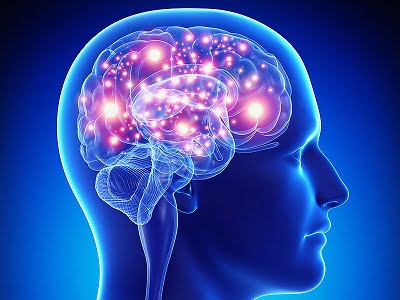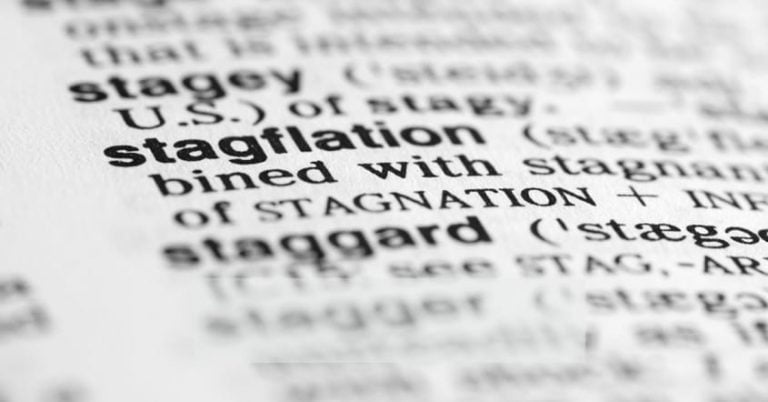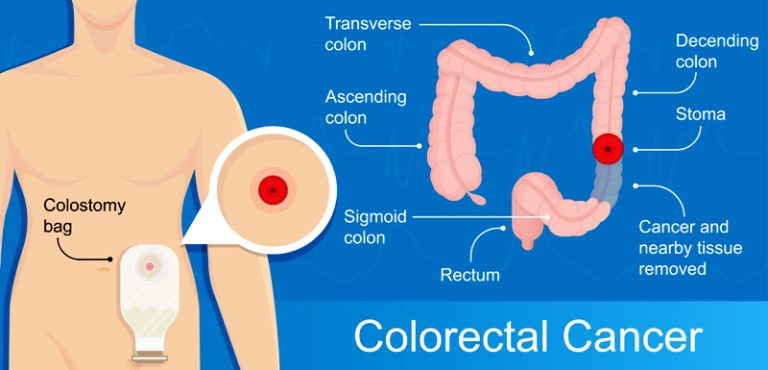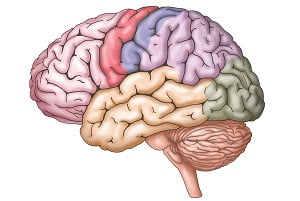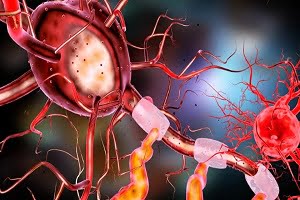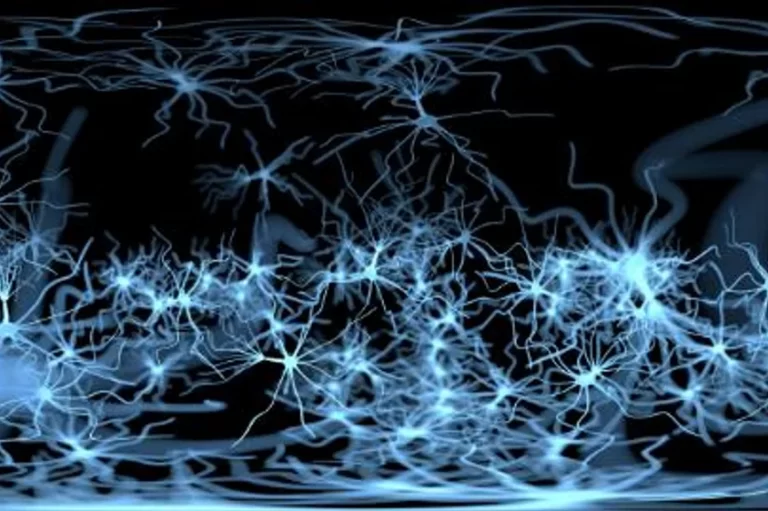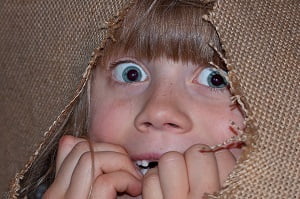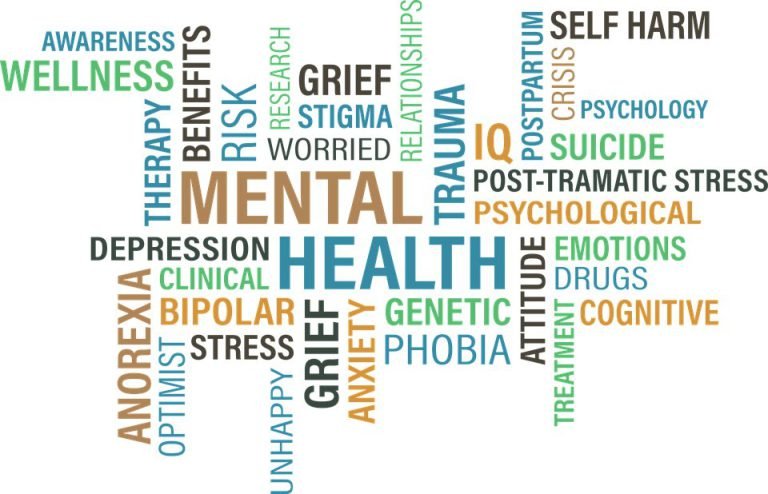Browsing: Brain and Neurological Conditions

Your brain constitutes the control mechanism of your body. It’s part of your nervous system, which also includes the spinal cord and a large network of nerves and neurons. The nervous system controls everything in your body.
When your brain is damaged or diseased, it can affect your memory, your sensation, your personality, and even your entire quality of life. Nervous system disorders (Nervous system diseases) include any conditions or disabilities or problems that affect your brain or nervous system and comprise brain diseases as well.
Brain and nervous system problems are quite common. These neurological disorders include Alzheimer’s disease, Parkinson’s disease, multiple sclerosis, epilepsy, stroke, depression, autism, etc.
This page provides quick access to a list of common diseases, syndromes, health conditions, and other topics of health importance related to your brain and nervous system. The list is organized alphabetically. Links are provided to respective disease ecosystems that serve as a comprehensive and ultimate guide about the disease or health condition. Keep reading!
What Causes Epilepsy? In most of the epilepsy cases, a cause cannot be identified. If there is an identifiable cause,…
Carpal Tunnel Release Surgery
Is Surgery Necessary for Carpal Tunnel Syndrome? When Do You Need Carpal Tunnel Surgery? Carpal tunnel syndrome is caused by…
Dyslexia is a type of learning disability characterized by difficulty in reading, writing, understanding numbers, etc. Dyslexic people have problems in learning but still, they may be smart and highly motivated. Persons with dyslexia find it very difficult to see words in their original form.
Brain Imaging of Rodents Reveals Interesting Insights Into Autism
Rodent models of ASDs (Autism spectrum disorders) coupled to newly developed technologies for genome editing, cell-specific functional and structural imaging, and neuronal activity manipulation will yield critical insights about autism and stimulate the emergence of new treatments. Read about advancements in this area.
The Human Brain The brain is a wonderful three-pound organ that controls all the functions of human body and interprets…
Peripheral neuropathy or peripheral polyneuropathy refers to the condition that damages the peripheral nervous system. Neuropathy causes the destruction of the nerve cells called neurons. As a result, the neurons are unable to communicate properly with each other and with the brain.
Nerve biopsy, skin biopsy, and nerve conditioning test are diagnostic techniques for diagnosing peripheral neuropathy. Peripheral neuropathy refers to nerve damage that may occur to single or a group of peripheral nerves. Different conditions can cause chronic peripheral neuropathy; the most common cause is diabetes.
Phobia of holes or trypophobia refers to the fear of a cluster of small holes and cracks. People who have trypophobia often feel discomfort, headache, and may even get panic shocks. People with trypophobia (fear of holes) get scared of watching completely packed spaces like a beehive, seed pod, or closure image of some pores.
Phobic hallucinations in children usually develop due to anxiety and fear. It has been usually found in children of age-group 7-10 years. Phobic hallucinations can affect performance of the children at school and may also interfere in their social life.
There are many mental disorders linked to phobia such as obsessive-compulsive disorder (OCD), post-traumatic stress disorder (PSD), depression, panic disorder, and psychotic disorders like schizophrenia. All these mental disorders share some common symptoms with phobia and can be life-threatening if left untreated.




